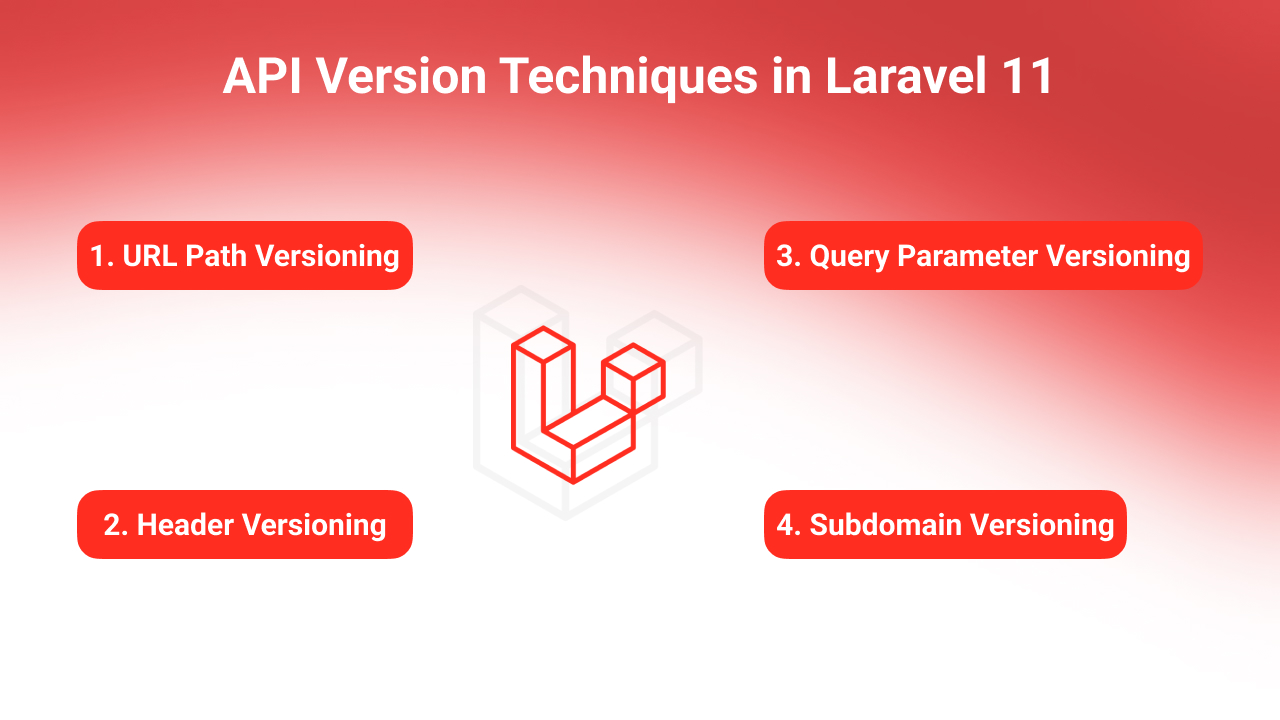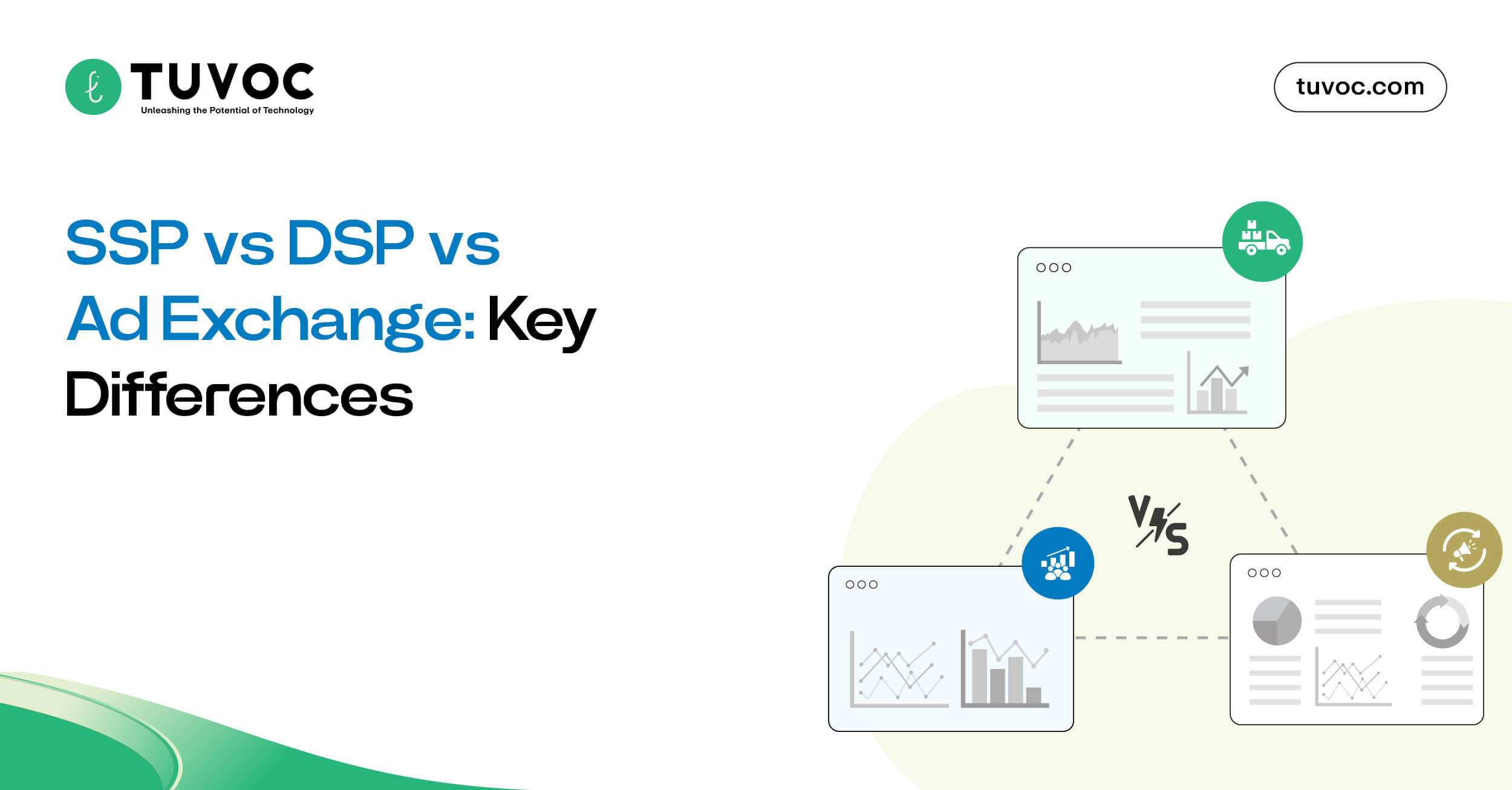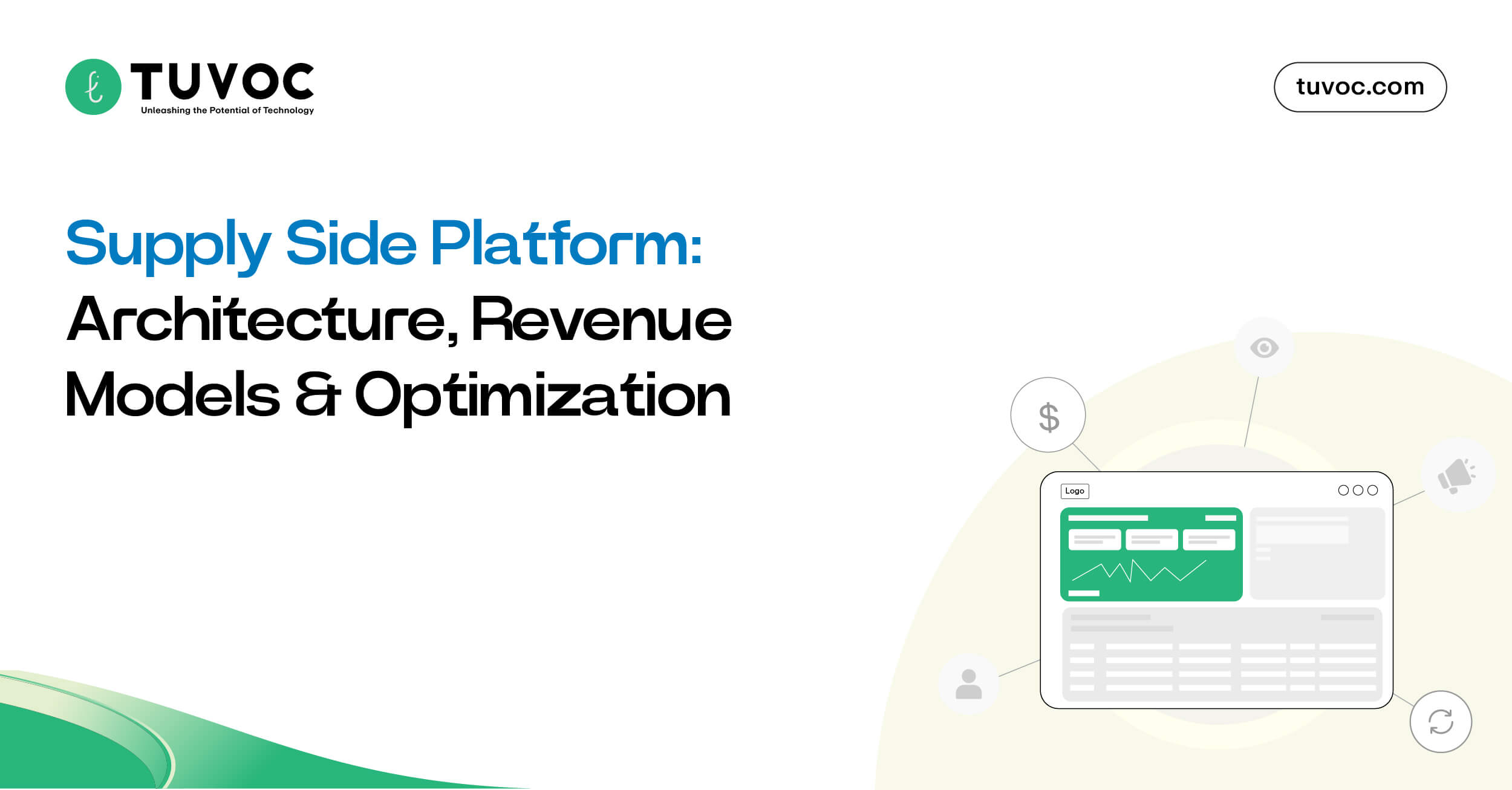API Versioning is essential for any web application, especially if it is supposed to evolve but has to be backward compatible. It is a chance for the developers to upgrade, add new features, and fix bugs without affecting the existing users. Laravel 11 is integrated with powerful tools and techniques for effective implementation of API versioning. This post will go through the different techniques of API versioning in Laravel 11 and how you could make use of them in your project.
A partnership with a Laravel development company India can provide seamless and scalable solutions, arming businesses looking to implement advanced features such as API versioning.
Why API Versioning is Important?
First, however, reasons for API versioning are in order. The most important is to achieve the following purposes:
- Backward Compatibility: It ensures that already existing clients are not broken by new changes.
- Smooth Transition: It allows gradual migration from older versions to newer ones.
- Organized Development: Facilitates easy management of different versions of the API.
- Improved User Experience: The API provides a stable and predictable environment to API consumers.
API Versioning Techniques in Laravel 11

1. URL Path Versioning:
This is one of the most common techniques. In this, the version number gets appended to the URL path. This kind of versioning, based on a URL path, is pretty easy to implement.
Implementation
1. Define Versioned Routes:
Create separate route files for each version of your API within the ‘routes’ directory.
routes/api_v1.php
routes/api_v2.php
PHP:
// routes/api_v1.php
use Illuminate\Support\Facades\Route;
Route::prefix('v1')->group(function () {
Route::get('/users', [App\Http\Controllers\API\v1\UserController::class, 'index']);
});
2. Register the Routes:
Open ‘app/Providers/RouteServiceProvider.php’ and add the following methods to register the versioned routes.
PHP:
public function map()
{
$this->mapApiRoutes();
$this->mapApiV1Routes();
$this->mapApiV2Routes();
}
protected function mapApiV1Routes()
{
Route::middleware('api')
->namespace($this->namespace)
->group(base_path('routes/api_v1.php'));
}
protected function mapApiV2Routes()
{
Route::middleware('api')
->namespace($this->namespace)
->group(base_path('routes/api_v2.php'));
}
2. Header Versioning:
Another way of doing it is to put the API version in the request headers itself. This would keep the URL clean and ensure versioning through HTTP headers.
Implementation
1. Middleware:
Generate a middleware that will handle the versioning through headers.
// app/Http/Middleware/ApiVersionMiddleware.php
namespace App\Http\Middleware;
use Closure;
use Illuminate\Http\Request;
class ApiVersionMiddleware
{
public function handle(Request $request, Closure $next)
{
$version = $request->header('Accept-Version', 'v1');
$request->headers->set('API-Version', $version);
return $next($request);
}
}
2. Register Middleware:
Place the middleware in app/Http/Kernel.php.
protected $routeMiddleware = [
// other middleware
'api. version' => \App\Http\Middleware\ApiVersionMiddleware::class,
];
3. Versioned Routes:
Define routes and apply the middleware.
// routes/api.php
use Illuminate\Support\Facades\Route;
Route::middleware('api.version')->group(function () {
Route::prefix('v1')->group(function () {
Route::get('/users', [App\Http\Controllers\API\v1\UserController::class, 'index']);
});
Route::prefix('v2')->group(function () {
Route::get('/users', [App\Http\Controllers\API\v2\UserController::class, 'index']);
});
});
3. Query Parameter Versioning:
API versioning through query parameters is another method, less common though, where the version is specified in the query string.
Implementation
1. Define Routes:
Create routes that check for version query parameters.
// routes/api.php
use Illuminate\Support\Facades\Route;
Route::group(['prefix' => 'users'], function () {
Route::get('/', function (Request $request) {
$version = $request->query('version', 'v1');
if ($version == 'v2') {
return app()->call('App\Http\Controllers\API\v2\UserController@index');
}
return app()->call('App\Http\Controllers\API\v1\UserController@index');
});
});
4. Subdomain Versioning:
One can also go for any strategy based on subdomains for versioning. Any version could be hosted at a different subdomain.
Implementation
1. Defining Subdomains:
Define routes with subdomains.
// routes/api.php
use Illuminate\Support\Facades\Route;
Route::domain('v1.api.yourdomain.com')->group(function () {
Route::get('/users', [App\Http\Controllers\API\v1\UserController::class, 'index']);
});
Route::domain('v2.api.yourdomain.com')->group(function () {
Route::get('/users', [App\Http\Controllers\API\v2\UserController::class, 'index']);
});
Choosing the Right Versioning Technique:
This depends on various factors, including:
- Project Requirements: Consider the kind of needs and constraints of a project.
- Client Preferences: Take into account how your clients would want to access different API versions.
- Maintenance and Scalability: Choose a method that makes it easier to maintain and scale your API.
Conclusion:
API versioning becomes, therefore, the critical factor for the long-term prosperity of your Laravel application. It assists in keeping your API stable and supple since it’s evolving through methodologies such as URL path versioning, header versioning, query parameter versioning, and subdomain versioning.
Whether it is the initial setup or continuing Laravel development services, experts will help you achieve seamless and scalable API solutions. Any business planning to implement the most advanced techniques of API versioning should consider making a difference by hiring dedicated Laravel developers in India or partnering with a Laravel development company in India to acquire relevant expertise and support.
Whether one needs to hire Laravel developers in India or is looking for Laravel development services, the approach should be towards a reputed Laravel development company to see one’s application grow with the trend.
Have an Idea? Let’s Shape It!
Kickstart your tech journey with a personalized development guide tailored to your goals.
Discover Your Tech Path →Share with your community!
Latest Articles

SSP Optimization Strategies to Maximize Publisher Revenue
Key Takeaways Metric Reality: Moving from gross CPM to actual net bankable revenue. Floor Strategy: Setting price floors that don't…

SSP vs DSP vs Ad Exchange | A Clear Comparison for Publishers & AdTech Teams
Key Takeaways Platform Roles: It separates the buyer from the seller by identifying the broker in the middle Tech Stack:…

What is a Supply Side Platform (SSP) | Architecture, Revenue Models & Optimization Guide
Key Takeaways: Defining the Tech: It’s essentially software that sells your inventory. But it does it for thousands of buyers…


